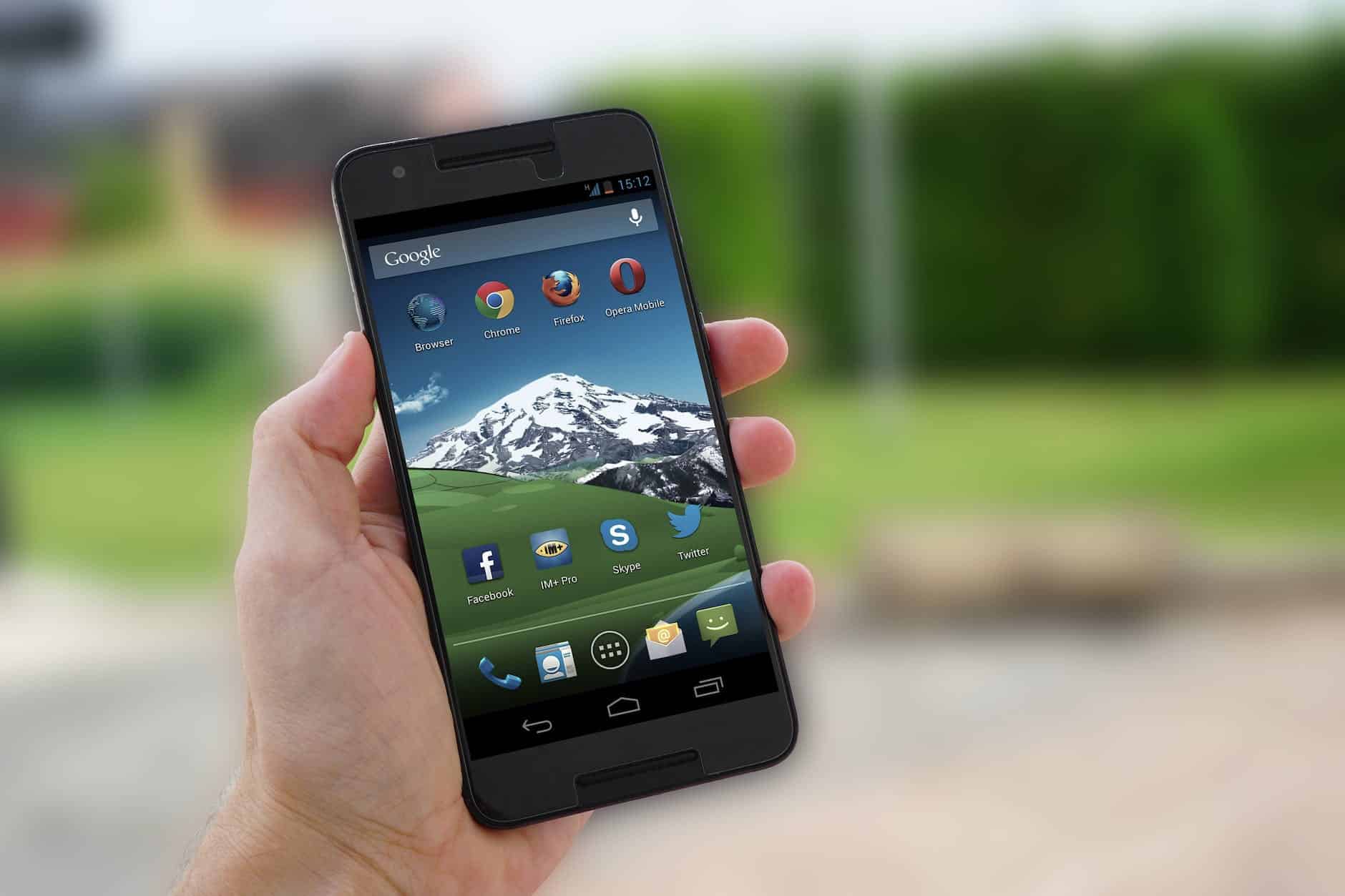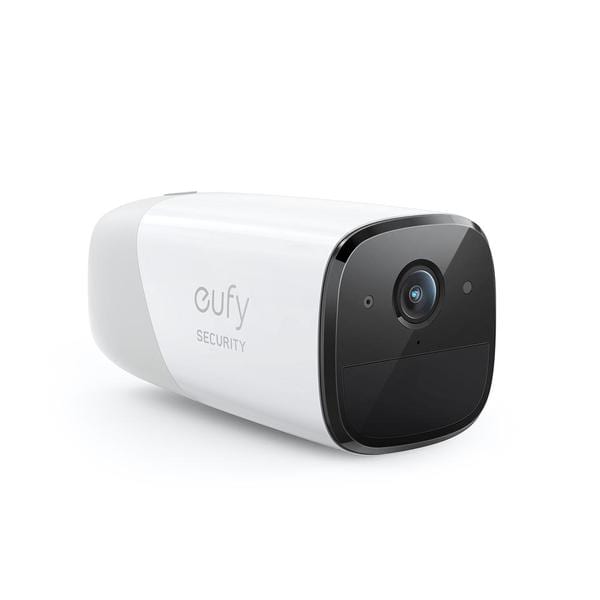The advertisement-funded business model of Gmail has made email available free of charge to billions of users around the world. However, everything comes at a cost and not everyone is fond of the data collection or advertisements. This list describes three alternatives to Gmail that don’t sell your data, have no ads, and some of them offer end-to-end encryption to make your email account far more secure. I have personally used all of the services mentioned below.
Proton Mail
Business Model: Freemium.
Accepts Bitcoin: Yes.
Proton Mail is an end-to-end encrypted email service that is based in Switzerland. Switzerland has laws that favor user privacy, which is great news for customers. Proton Mail offers two key features that bolster your cybersecurity: end-to-end encryption and zero-access encryption. End-to-end encryption ensures that your email is encrypted before it leaves your device to pass through Proton’s servers. The email is only decrypted after the recipient receives it. This prevents anyone — even Proton from spying on your emails while they are in transit.
Zero-access encryption encrypts your email while it is being stored in your inbox. Zero-access encryption differs from conventional encryption because only you have the password to decrypt the emails. This means Proton can’t go through your inbox and steal your emails. Proton backs up these claims by making their apps open-source.
This means that the source code and what Proton Mail does is verifiable by volunteers in the open-source community. Proton Mail’s freemium business model means that there is a limited free tier in which you can enjoy the uncluttered, ad-free interface. However, you do have to pay if you need more storage, more email addresses, custom domains or the ability to handle a larger volume of emails. Proton is one of the most widely used Gmail alternatives because of its free tier, which is funded by revenue from paid subscriptions.
Proton also uses the ‘one account’ philosophy that Google and Apple use, which means that creating a Proton account provides access to all of Proton’s other services (the free versions of them, unless you upgrade to the paid plans) such as Proton Drive, Proton Calendar, Proton Pass password manager, and Proton VPN.
Another privacy bonus if you want a paid account is the ability to pay for Proton with Bitcoin. This means that you won’t have to trust Proton to store your credit card number or other billing details. This is also a security benefit as your credit card number won’t be stolen from Proton if there is a breach.
Tutanota
Business Model: Freemium.
Accepts Bitcoin: No.
Tutanota is an end-to-end encrypted email service based in Germany that was founded in 2011. Tutanota (now called Tuta) is free from advertisements and does not sell your data. End-to-end encryption keeps everyone out of your Tutanota inbox except you, as described with Proton above. The company backs up these claims by making all of their apps open source.
Tutanota offers free encrypted email accounts for personal use, and they offer limited features similar to the free tier of Proton Mail mentioned above.
Note that Tutanota will delete your (free) account after 6 months of inactivity. I’m unsure if this applies to paid accounts as well.
StartMail
Business Model: Paid only.
Accepts Bitcoin: Yes. Ask customer support for that option via email.
StartMail is an email service based in the Netherlands that has no ads and promises not to track you. StartMail does not offer end-to-end encryption as a default option. You’d have to set it up with PGP. However, they do offer other benefits such as on-the-fly email address generation to protect your inbox from spam. For example: You can disable the email address that you created for the aggressive company that forced you to hand it over for no good reason.
You can use these generated emails to log into services so that your real email address isn’t revealed to the public. It also provides the opportunity to log into each service with a unique email address, which makes it harder for an attacker to guess your login email on social media or any other important app or service you log into.
These burner emails have personally come in handy during my battle with spammers. StartMail also touts their reputation for security, the use of in-house servers, blocking tracking pixels in emails, and more. Of all the alternatives to Gmail listed in this article, StartMail is the one that offers no mobile app. However, the website is mobile-friendly. You can also use Canary Mail or another email client on your phone to get around this drawback.
Customer Support
One of the big takeaways of all these Gmail alternatives is easily-accessible customer support and contact pages. They all responded to my inquiries courteously (I didn’t tell them i’m a writer) and didn’t bury their contact pages to make them harder to find. Having support pages that are front-and-center is becoming a luxury, and these email services decided to go against that trend. That helped them to earn a spot on this list. Free accounts are not provided with the option to contact customer support.








